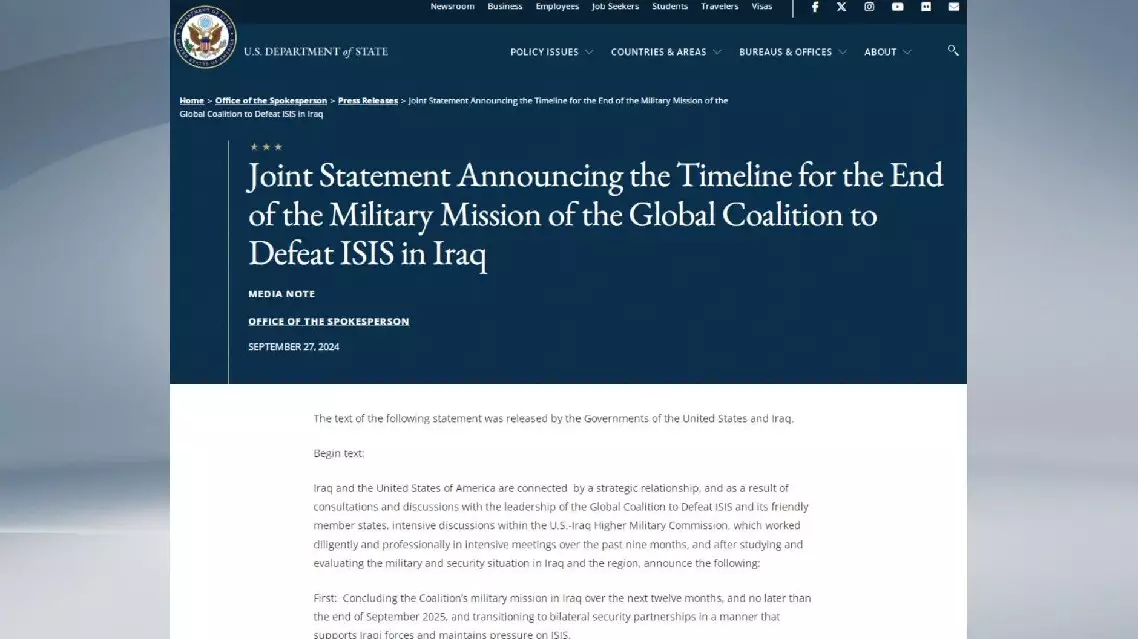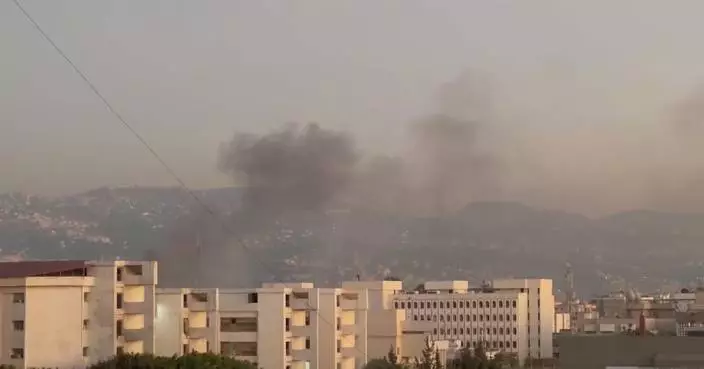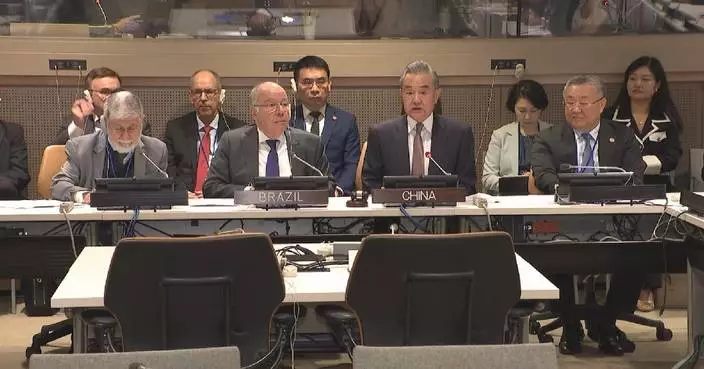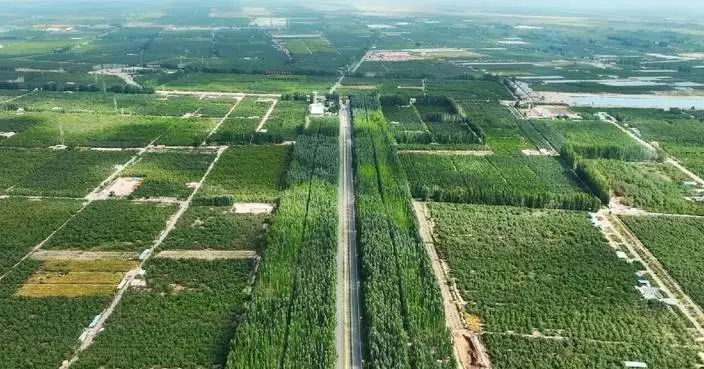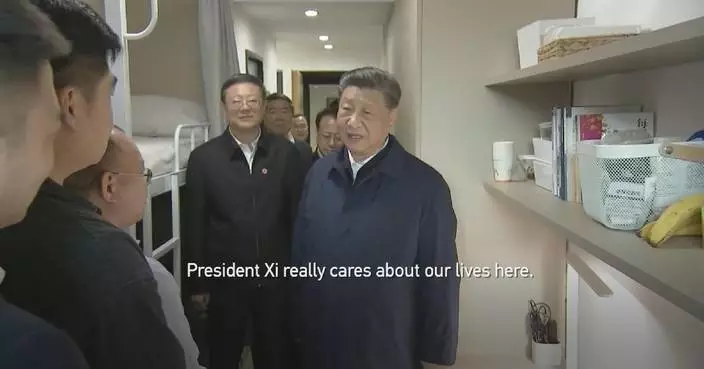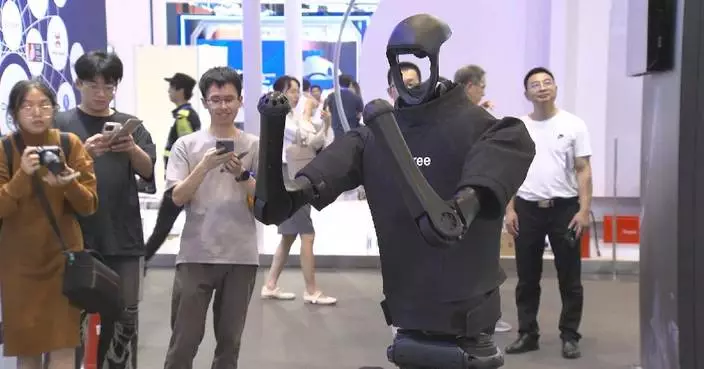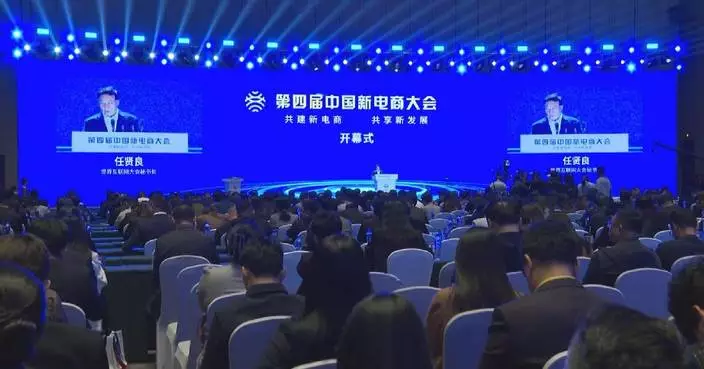New regulations in the UK have cleared the way for pesticide spraying by agricultural drones, and one Chinese drone manufacturer states that it is poised to help meet the British government's targets.
The Guangzhou-based company XAG displayed its P100 spray drone at Cereals, the annual UK crop farming show held in Hertfordshire earlier this month.
The company has spent three years trying to break into the European market, knowing that being welcomed by UK authorities would ease their entry into Western Europe, particularly in agricultural heavyweights France and Germany.
"The UK market, for us, is very important because it's not only for the UK but also for the whole Europe. Because the neighboring countries, actually they keep a close eye on the development in the British market, and not only for the regulations but also for other scenarios, said Tong Wei, head of public relations and global affairs at the XAG.
A previous PwC report showed that drones could contribute about 57 billion U.S. dollars to the UK's economy by 2030 while cutting 2.4 million tons of carbon emissions and creating 650,000 new jobs, so the British government has backed them.
UK regulators have cleared the drone spreading of slug pellets, a commonly used pesticide, with approvals for other chemicals expected soon.
XAG's UK partner says that months of wet weather have prompted British farmers to consider using aerial vehicles.
"They can lose their entire crop to slugs because they can't get on to treat them at the right time. And it is about doing it at the right time. Slugs come out when it's wet, tractors can't go in the field when it's wet. So, the farmer is desperately waiting for it to get dry enough so that he can get on with his tractor while watching the slugs eat all of his fresh, emerging crop," said Robert Pearson, CEO of Autonomous Spray Systems, a British agricultural tech company.
Pearson has seen sales of the P100 drone rise from just six units last year to 12 units this month.
The changes and incentives are leading to a growing number of operators investing in drones to offer Uber-style services in greenhouse cleaning, seeding, and spraying chemicals.
"The business with the drones is absolutely new in the UK and farmers didn't use the drones previously for the fields or for the greenhouses cleaning. So we're learning about the industry; we are helping guys to form the market," said Oksana Artyomenko, managing director of Farm Drones UK.
XAG is not the only tech company looking to revolutionize traditional farming practices. Many other tech companies are also trying to enter the market.
"If we target pesticides, apply them in a more targeted way, we're going to dramatically reduce usage, we're going to reduce our carbon footprint. If we can do it through electrically driven drones, it's going to change everything. Farmers are still sort of cautious, but they're great takers up of technology when they need to," said David Exwood, deputy president of the UK's National Farmers' Union.
Having cleared regulatory hurdles to fly and now spray chemicals, the Guangzhou-based company says it hopes to replicate its success in Asia within Western Europe.
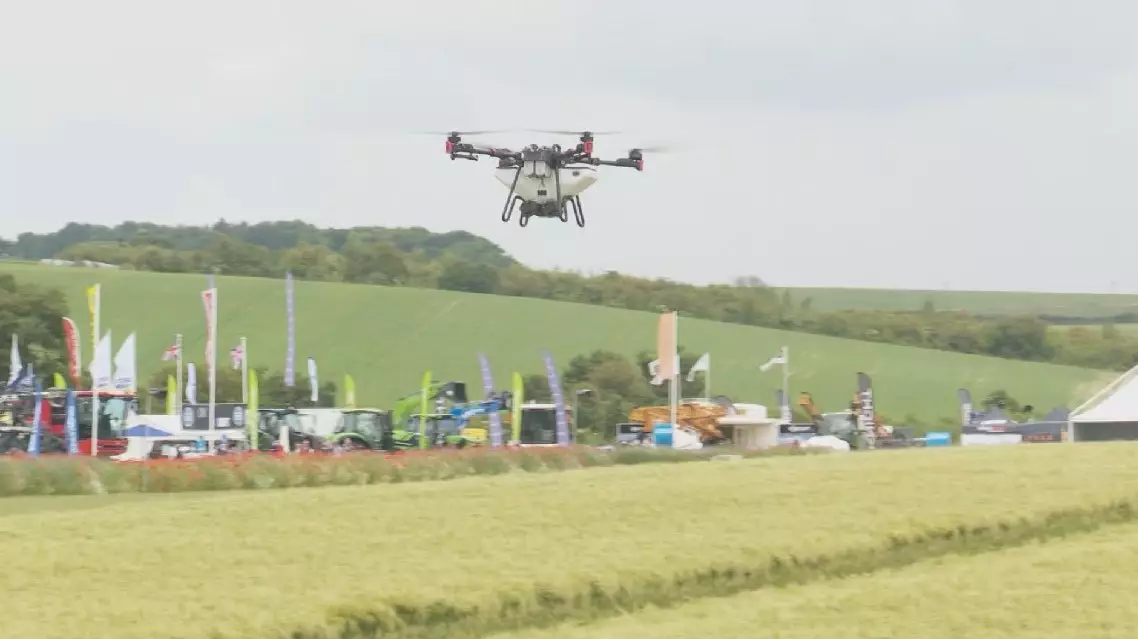
Chinese agricultural drones primed for takeoff in UK market


